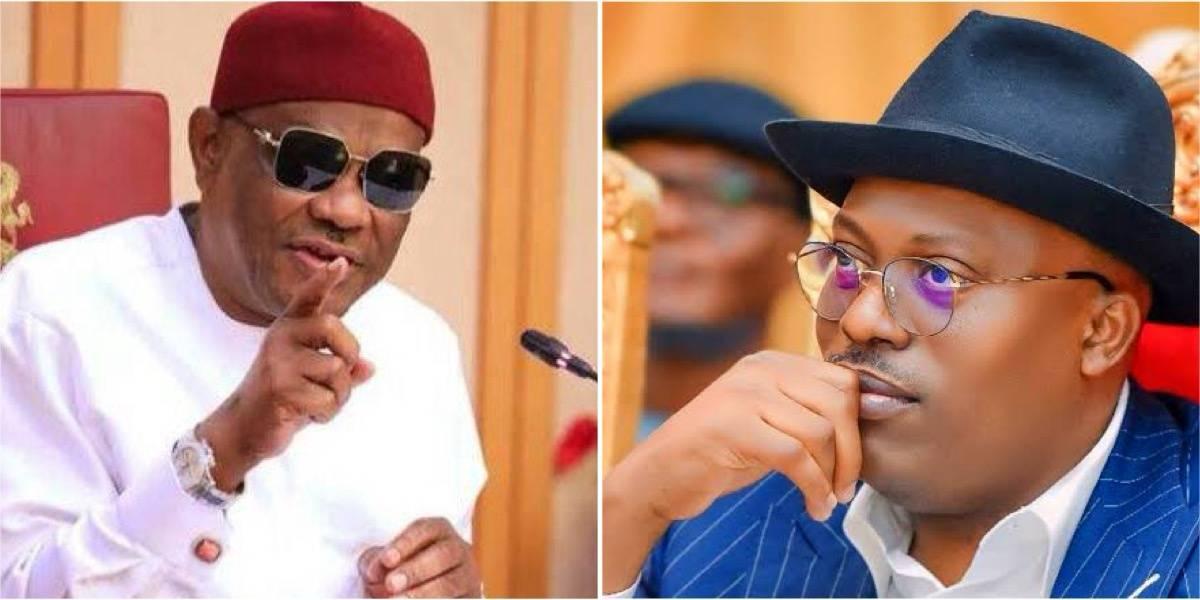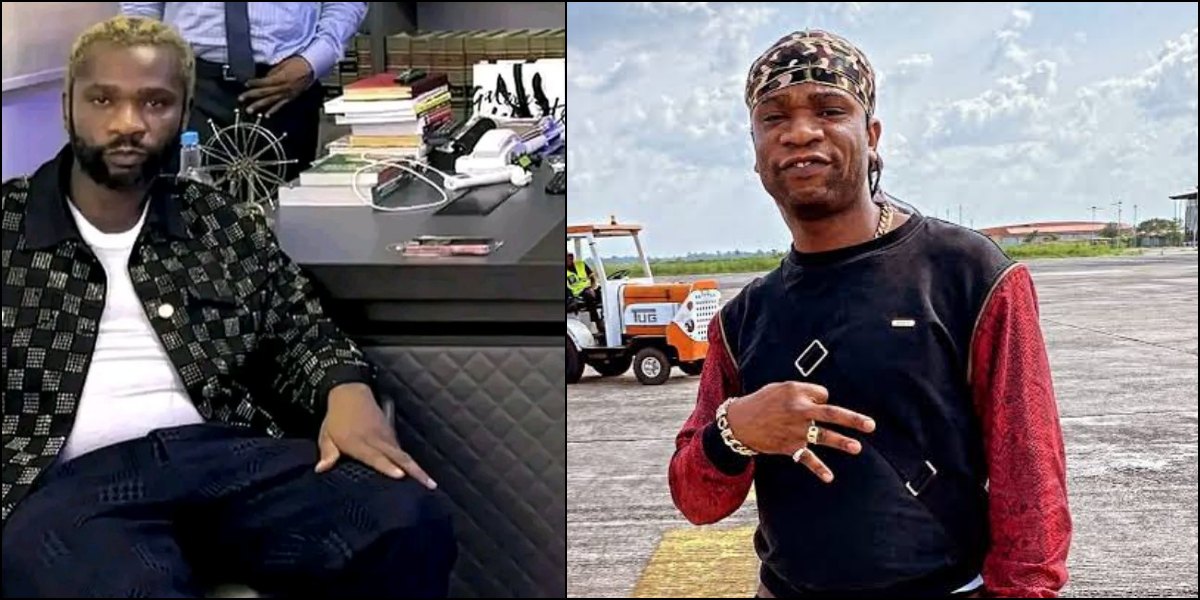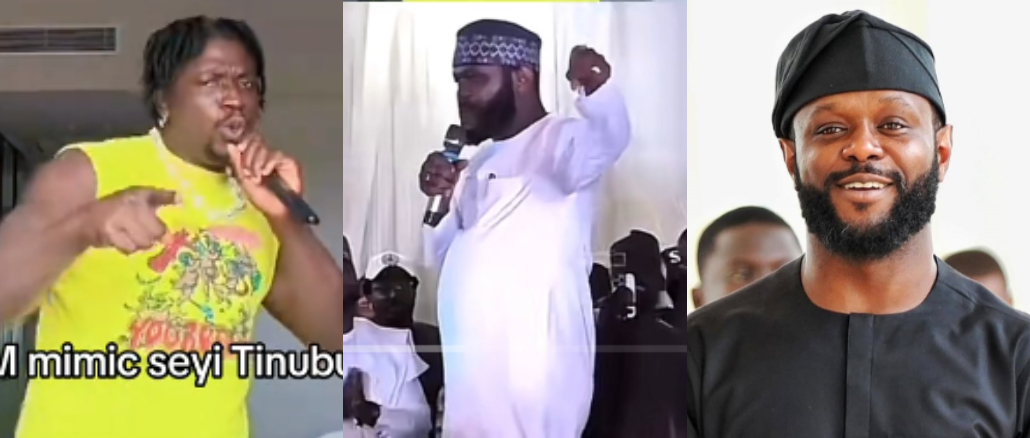The Minister of the Federal Capital Territory (FCT), Nyesom Wike, has responded to a public appeal for reconciliation, stating that the suspended Governor of Rivers State, Siminalayi Fubara, has not apologized to him for him to consider forgiving him.
Speaking through his media aide, Lere Olayinka, Wike emphasized that forgiveness can only come after an acknowledgment of wrongdoing.
This response follows a recent call from Niger Delta ex-militant leader, High Chief Government Ekpemupolo, also known as Tompolo, who urged Wike to set aside his differences with Fubara for the greater good.
Tompolo, in a statement, expressed hope for unity and dialogue, urging Wike to temper his anger for the sake of resolving the crisis in Rivers State.
“And just like I will not accept rebellion from my son, I will also not cause more problems. Wike is angry, but he has to bring his temper down for the good of all. We will have a dialogue and resolve all lingering issues, and again Fubara will return to his seat,” Tompolo had said.
However, Wike’s spokesperson made it clear that there could be no reconciliation without the governor taking the first step.
“There is no offence. It is when somebody has offended you personally that you are talking about the person seeking forgiveness or whatever. As Christians, let’s now assume that Fubara has offended the minister, do you forgive someone who has not come to you to seek forgiveness?” Olayinka asked.
“You cannot speak of forgiveness if the person who wronged you hasn’t recognized their fault or sought to make amends,” Olayinka added.
“The person who has wronged you must first agree that in his mind he has wronged you. Let’s assume that Fubara has offended the minister, has he come to seek forgiveness? I’m not saying there is an offence and there should be forgiveness, but he has not even come for forgiveness.”
He further stated that while Wike has not accused Fubara of any personal offense, he has called for adherence to the rule of law and accountability in governance.
Olayinka also pointed out that Wike’s concerns were not about personal grievances but about Fubara’s handling of those who helped him rise to power.
He emphasized that Wike had always stood by Fubara but felt that Fubara’s recent actions betrayed the trust of those who supported him.
“The minister has never said that Fubara offended him personally. He only said that Fubara should govern in accordance with the rule of law and that Fubara should not throw away those who risked their lives and resources, and that is not too much to ask. He said, ‘Those who worked to make you governor, don’t throw them away like that.’ So, that is not about forgiveness. If there is one person Fubara would say he has offended, it should be the President.”
Furthermore, Olayinka questioned the sudden change in Fubara’s attitude toward Wike, asking when their relationship had soured.
He suggested that Fubara, who once worked closely with Wike, should reflect on when and why their bond had deteriorated.
“He is the one to go for soul-searching because throughout the time he was working with this same Wike, throughout the time Wike was facing the bullet for him, Wike was not a bad person then. So, at what point did Wike become a bad person to him? He should ask himself. When did Wike become somebody that Fubara would be so bold, telling him that he would deal with him? At what point? He should ask himself questions like this.”
“You are begging a doctor to provide medicine for someone that is sick, but you are not begging the person that is sick to take the medicine. What happens?,” Olayinka added.




